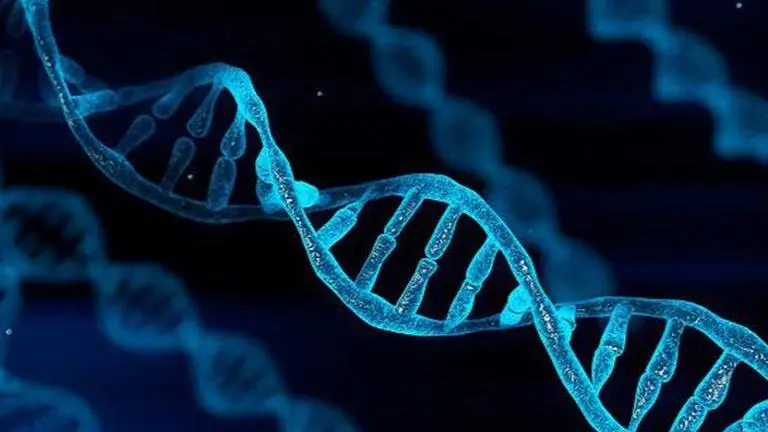Updated 31 January 2022 at 23:05 IST
IIT Madras-led team discovers protein that increases risk of metabolic diseases in Indians
The research team found that people carrying this variant are 1.5 times more likely to have hypertension, type-2 diabetes, and coronary artery disease.
- Science News
- 2 min read

An IIT Madras-led international research team has identified a gene protein variation among Indians and other South Asians that increases the risk of diabetes, heart attacks and hypertension. The team on Monday said this variation was present in approximately 15% of the population.
The researchers found that people carrying this variant are 1.5 times more likely to have hypertension, type-2 diabetes, and coronary artery disease. This combination could account for a higher prevalence of metabolic diseases among Indians and other South Asians, the researchers said.
Study identifies key genetic risk factor for cardio-metabolic diseases
South Asians are at greater risk of cardiovascular and metabolic diseases. Besides environmental factors, our genetic architecture is believed to be responsible for this observation, said Professor Nitish Mahapatra. However, the key genetic variants that enhance the disease risk remain poorly understood, he said.
"Our study identified one key genetic risk factor for cardio-metabolic diseases. We discovered the molecular basis for the enhanced disease risk in people who carry this mutation in their genomes", he said and explained the findings. The study has implications in the area of diagnostics and personalised medicine and the research findings may help in identifying individuals, who may be susceptible to type 2 diabetes, at an earlier stage before the onset of disease because the genetic make-up mostly remains unchanged throughout life.
Advertisement
"This should be particularly useful for people with a family history of cardiovascular and metabolic diseases for preventive healthcare and better management of disease," Mahapatra said in a press release.
The sequencing of the gene responsible for CHGA (chromogranin A) protein showed that several variants exist for pancreastatin which is a small part (peptide) of a protein called chromogranin A that is found in mammals and humans. It exerts important physiological effects, mostly with respect to insulin release and inhibits the release of insulin in the body in response to blood glucose/glucagon and drugs like sulphonylurea. It inhibits insulin-induced uptake of glucose by certain cells thereby contributing to insulin resistance. This peptide is also shown to enhance glucose synthesis from non-carbohydrate sources in the liver. The results of the study were published online.
(Image: Unsplash)
Published By : Press Trust Of India
Published On: 31 January 2022 at 23:05 IST
